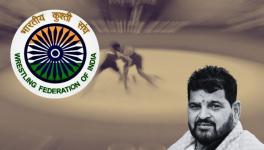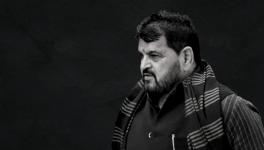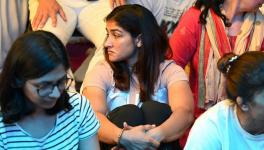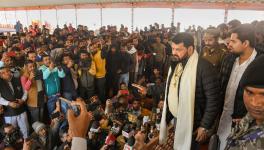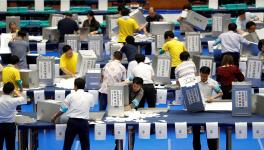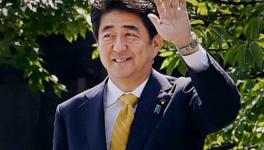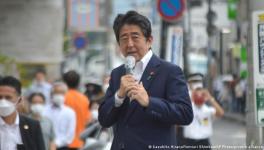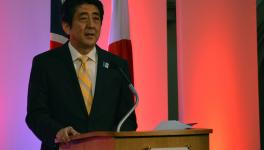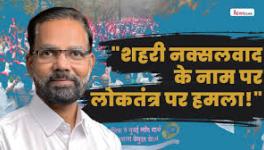IOC Postpones Tokyo 2020 Olympics and Paralympics to “No Later Than summer 2021”
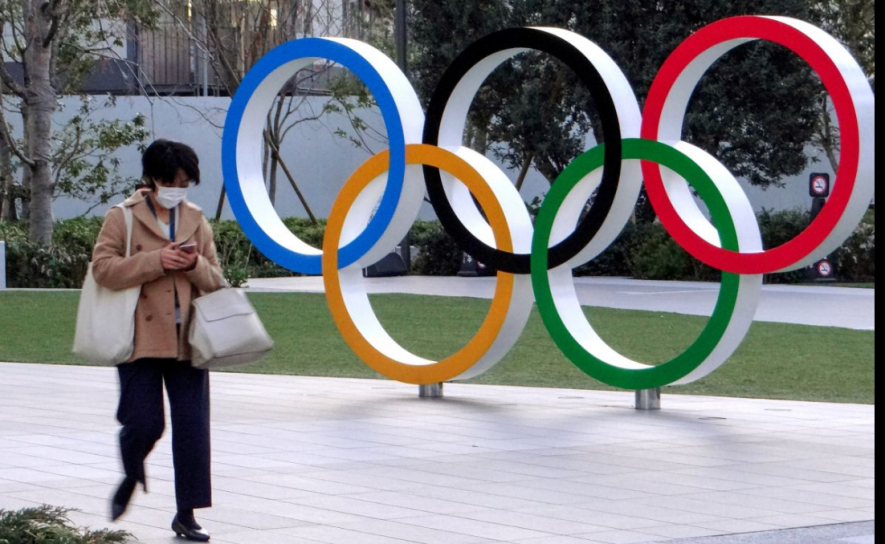
It was also reported that the G7 leaders had agreed to a postponement of the Tokyo Olympics during their teleconference last week.
The 2020 Tokyo Olympics and Paralympics, originally scheduled to take place between July 24 and August 9, will be postponed by a year because of the Coronavirus crisis. Japan’s Prime Minister Shinzo Abe, proposed the postponement after a telephone conversation with the International Olympic Committee (IOC) on Tuesday, March 24.
"In the present circumstances and based on the information provided by the World Health Organisation (WHO) today, the IOC President and the Prime Minister of Japan have concluded that the Games of the XXXII Olympiad in Tokyo must be rescheduled to a date beyond 2020 but not later than summer 2021, to safeguard the health of the athletes, everybody involved in the Olympic Games and the international community," the IOC said in a statement.
"The leaders agreed that the Olympic Games in Tokyo could stand as a beacon of hope to the world during these troubled times and that the Olympic flame could become the light at the end of the tunnel in which the world finds itself at present. Therefore, it was agreed that the Olympic flame will stay in Japan. It was also agreed that the Games will keep the name Olympic and Paralympic Games Tokyo 2020," it added.
There had been speculation that this would occur after International Olympic Committee (IOC) member Dick Pound had hinted at the possibility as early as Monday. The Nikkei, a Japanese business daily, had also claimed on March 23 that G7 leaders had agreed to a postponement during their teleconference last week, after Abe persuaded them that cancellation was not an option.
The news comes on the heels of withdrawals by Australia and Canada, while the British Olympic Association had also hinted that it was unlikely to send a team to Tokyo this summer.
The postponement will come as a blow to the host country, which has spent more than $12bn on the event. Goldman Sachs estimated this month that Japan would lose $4.5bn in inbound and domestic consumption in 2020 if the Olympics did not take place as planned.
The Indian Olympic Association (IOA), meanwhile, was a fence-sitter, not willing to take a definitive stance in this matter, keeping in mind its responsibility not just to the athletes but the 1.3 billion strong population.
“On the basis of the information the IOC has, postponement has been decided,” Pound told USA Today on March 23. “The parameters going forward have not been determined, but the games are not going to start on July 24, that much I know.”
“It will come in stages,” said Pound. “We will postpone this and begin to deal with all the ramifications of moving this, which are immense.”
Also Read | Ode to the Nameless, Faceless Sports Empowerer Set to Lose From a No-Show IPL
Earlier in the week, Canada became the first major nation to decide not to send athletes to Tokyo. The Canadian Olympic Committee (COC) has also admitted that postponement of the Games will be a huge logistical challenge, but public health has to be of utmost priority.
"While we recognize the inherent complexities around a postponement, nothing is more important than the health and safety of our athletes and the world community," COC said in a statement on Sunday night. "This is not solely about athlete health—it is about public health."
The Indian Olympic Association (IOA), meanwhile, was not keen to take a decision on its own and had preferred instead to await the decision from the IOC. The delay kept athletes preparing for the Games in limbo and the IOA’s reluctance could be seen as unwillingness to take a unilateral decision to protect both Indian athletes as well as in the larger public good.
The IOA president and International Olympic Committee (IOC) member Narinder Batra had even asserted that his organisation will not take a call and will go by what the IOC decides. "We will follow what IOC is saying and we will go by IOC's stand. Whatever will be IOC's decision, we will follow strictly," Batra told ANI.
Also Read | Global Virus vs the Global Game: How Will Community Football Clubs Survive?
"We are also in touch with the government, we are talking to everyone and our stand is what IOC's stand is. I am a member of IOC and I do not follow what Canada and Australia are saying, that's their issue. IOC is a responsible organization, we know that,” he added.
The whole situation now puts athletes in training and quarantined in the camps — in preparation for the Games — in a strange spot. High intensity training will undoubtedly be called off, but it hardly seems likely that they will be allowed to leave the centres and go back to their families, with multiple states in various degrees of lockdown and transport services limited.
The Indian men’s hockey team for instance has been in camp in SAI Bengaluru, after having their leaves cancelled because of the outbreak. Graham Reid, the head coach of the men team had lauded the quick response in isolating the teams in the centre.
"The authorities were quick to take action and isolate the SAI Centre. We are isolated but we can carry out our normal schedule. Things are very smooth. We can’t control the virus but we can control our environment," Reid was quoted by PTI.
With the Games postponed it is obvious that multiple foreign non playing staff, coaches, trainers included would be separated from their families and their home countries for significant amounts of time, a situation that they have indirectly been put into because of the IOA’s inaction.
Athletes across the world have been, for weeks, trying to explain and convey that the pandemic is no joke. Olympic silver medalist Cameron van der Burgh of the Netherlands, who was detected with COVID-19, said he still struggles to do any kind of physical activity, even walking after his severe symptoms have eased out.
Despite the voices, our athletes seemed oblivious to the dangers, perhaps kept in a sense of complacency due to the lack of urgency shown by the IOA to start with. There were plenty who thought that their time and the kind of efforts they have put in will go to waste if the Games get postponed. Weightlifter, Mirabai Chanu said that if the Olympics are to get cancelled, then “efforts of the last four years will go to waste.”
“Even if it’s postponed, there is a problem because a lot can change in a short period of time,” the 49kg weightlifter, a world champion, added.
Now it has. And probably for the better.
Get the latest reports & analysis with people's perspective on Protests, movements & deep analytical videos, discussions of the current affairs in your Telegram app. Subscribe to NewsClick's Telegram channel & get Real-Time updates on stories, as they get published on our website.










